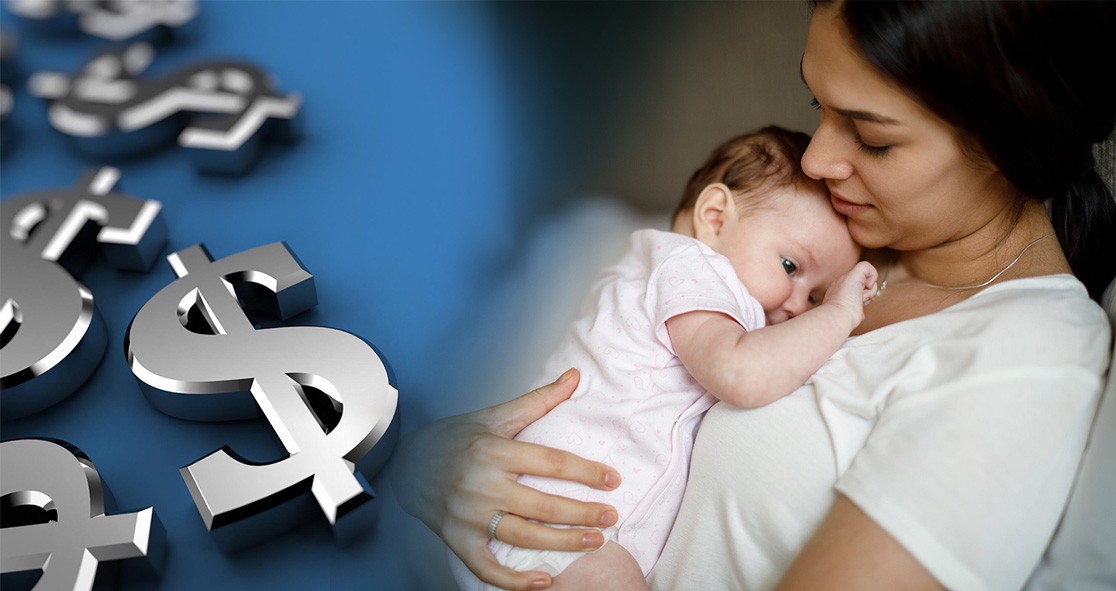A new Cornell University study has shown that when American couples have their first child, mothers’ earnings drop substantially compared to fathers’, according to Science Daily.
The findings demonstrated that the stubborn, decades-old pattern is not changing in spite of broad increases in other aspects of gender equality. The researchers found that the substantial drop in the earnings of mothers cuts across all education levels.
The COVID pandemic has affected the income imbalance as mothers who had to pull back to take care of their children have been facing worse hiring prospects and wage penalties as they want to restart their work lives.
The study, published last month in Population and Development Review, was conducted by sociologists Kelly Musick, PilarGonalons-Pons, and Christine Schwartz.
Musick said, “The gender revolution has stalled, and women remain economically vulnerable,” noting that the nation is an outlier among other wealthy nations in offering no mandated paid leave following childbirth, no system of subsidized childcare, and scant public support for working families, according to Science Daily.
The authors assessed the changes in within-family earnings inequality and tracked what happened to the incomes of couples. They analyzed a period of about 30 years – from the 1980s through the 2000s.
They found that mothers’ earnings share dropped 13 percentage points following the first birth in the 1980s and 10 percentage points in the 2000s. This modest change was largely true no matter the education level or income level of the wife and husband.
Musick said the similarities in education were something of a surprise because disparities have grown in other aspects of family life over this time period.
“Across groups, wives become more financially dependent on their husbands after parenthood,” the authors concluded, which is a cause of concern in the U.S. – the nation where divorce is still common and policy support for families is weak.
Musick said, “The pandemic puts into sharp relief the pitfalls of our fend-for-yourself approach to managing work and family. The pandemic also creates an opening for policymakers to build a stronger “infrastructure of care” and the success of that effort will shape gender inequalities in work and family in the decades to come.”























